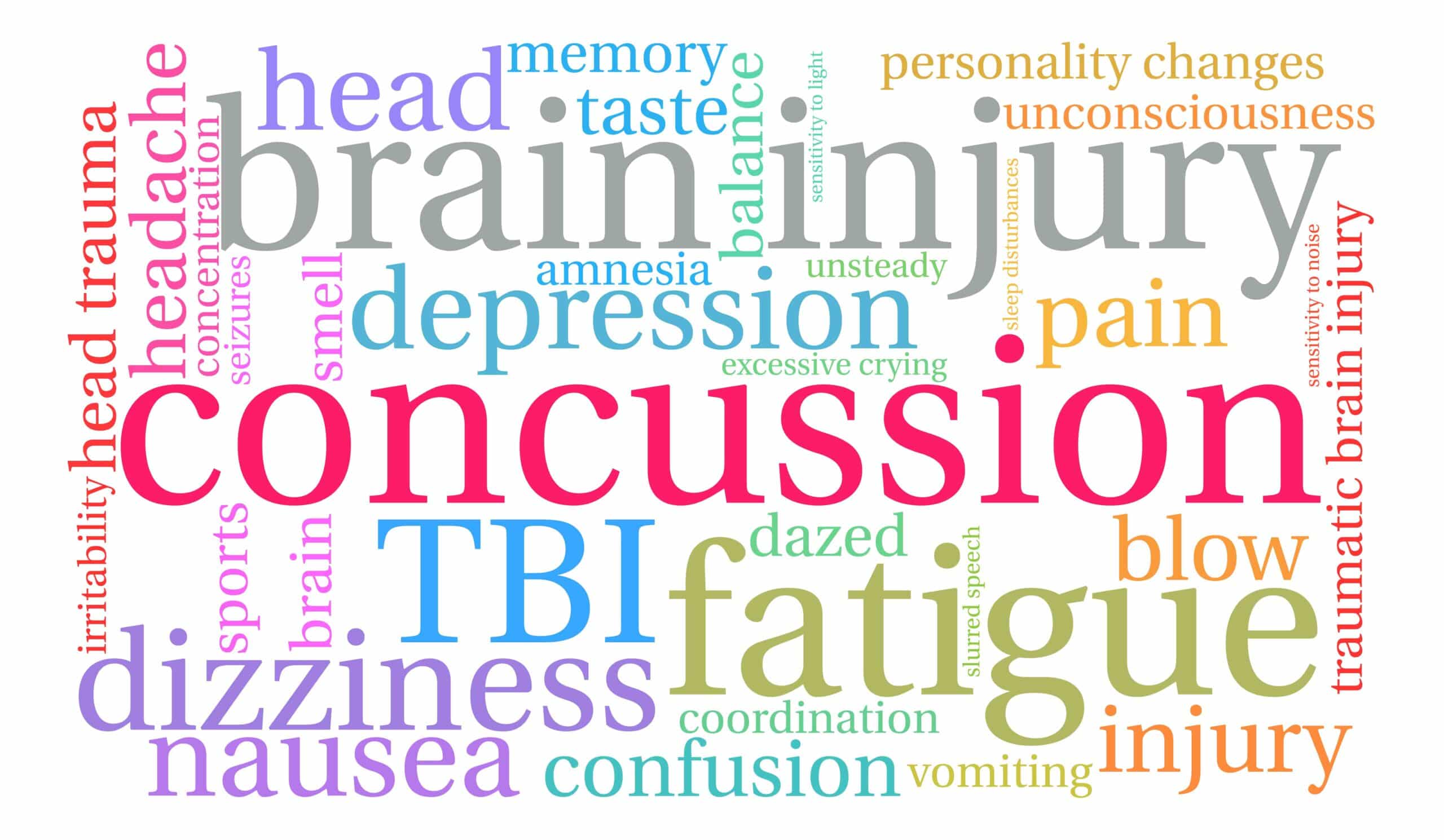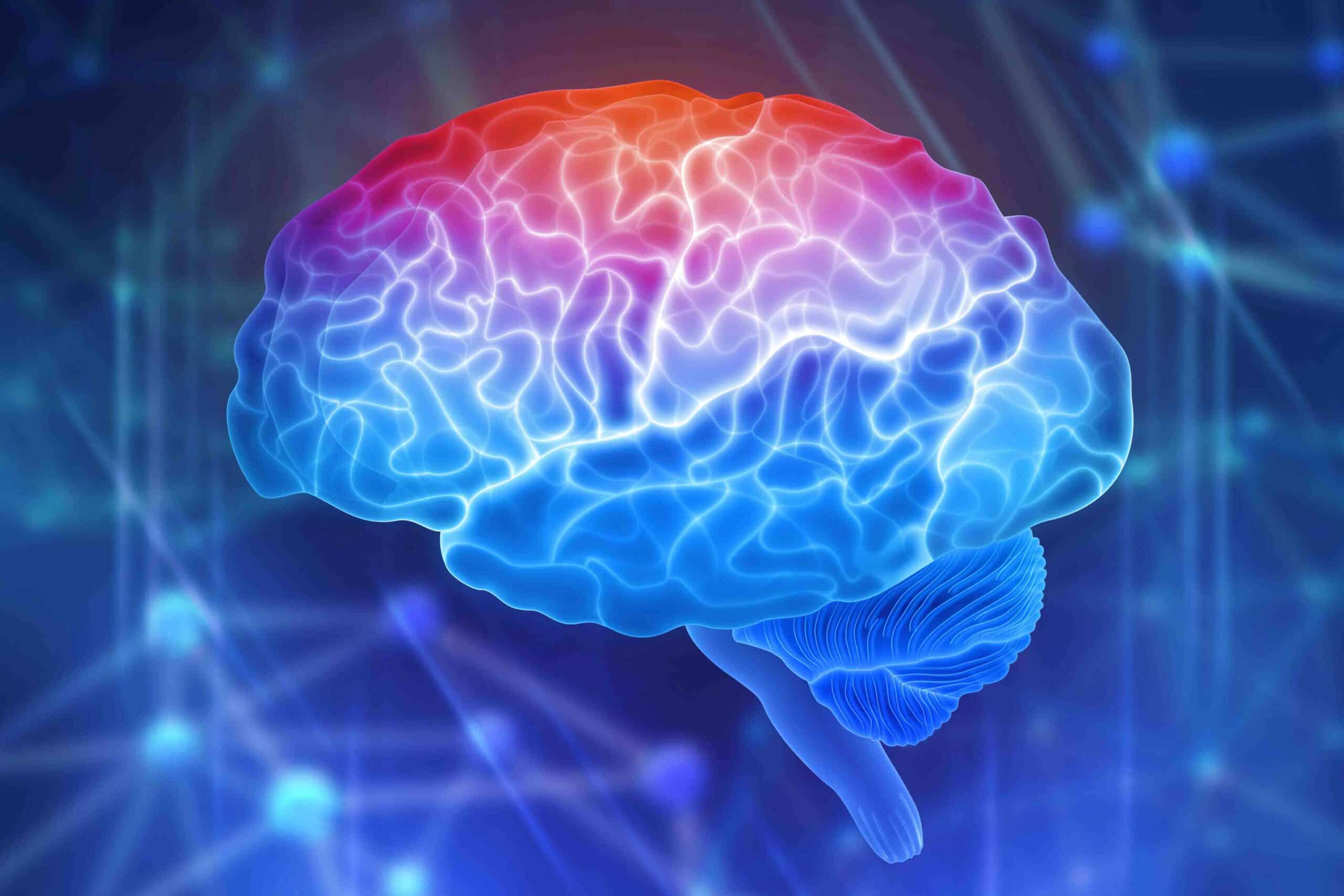Each of us has more influence over our long-term cognitive health than previously understood. Making healthy lifestyle choices now can reduce your risk of cognitive decline and dementia later—and the more good choices you make, the more that risk decreases. Get started with these seven steps.
1. Treat High Blood Pressure – Nearly one in two American adults has high blood pressure, a key risk factor for cognitive decline and Alzheimer’s disease. High blood pressure reduces blood flow to the brain, increases brain inflammation, damages brain blood vessels, and significantly raises the risk of stroke and microhemorrhages. Studies show that those who undergo long-term treatment with antihypertensive medications have a 50 to 70 percent reduction in the risk of Alzheimer’s disease compared to those whose blood pressure is left untreated. High blood pressure also can be managed by eating a plant-based diet, quitting smoking, reducing sodium intake to no more than 1,500 mg a day, losing weight, and performing daily aerobic exercise.
2. Exercise 150 Minutes Per Week – There’s no ambiguity about the science on exercise and brain health. The more we do the better off we are. Rush University researchers found those who exercise the least are over twice as likely to develop Alzheimer’s disease as those who exercise the most. How much is enough? Current recommendations are a minimum of 30 minutes a day, five days per week. Exercise wards off age-related brain shrinkage, lowers blood pressure, increases blood flow to the brain, is associated with improved thinking and memory, and can even grow new neurons.
3. Eliminate Alcohol – Despite the messaging that moderate alcohol consumption might protect against heart disease, the reality is that alcohol is toxic to every cell in the body and poses a special threat to the brain. Alcohol consumption is associated with neuroinflammation, accelerated brain shrinkage, poor absorption of the B vitamins critical to brain function, and an elevated risk for early-onset dementia. Alcohol use disorders in women triple the risk for future dementia. Protect your brain and skip the alcohol! The non-alcoholic beverage market is burgeoning, and most bars and restaurants now offer an array of creative “mocktails.”
4. Eat Leafy Greens Daily – Multiple studies show daily consumption of leafy greens, including chard, collard, kale, spinach, and lettuce, preserve memory and thinking skills. Credit goes to the antioxidant and anti-inflammatory properties of the beta carotene, folate, lutein, zeaxanthin, vitamin K, and vitamin E present in these greens. Rush University Medical Center researchers found that compared to those who consume little or no leafy greens in their diet, a person getting one serving (½ cup cooked) or more daily had cognitive function equivalent to someone 11 years younger! Adding just ½ cup of cooked kale or 1 cup of cooked spinach to a daily diet has been shown to significantly improve cognitive function in both young and old study subjects in as little as 60 days. Whether sautéed, blended into to a smoothie, or included in soups, salads, or pasta, a cup of dark leafy greens a day should be a no-brainer in menu planning.
5. Avoid Fried Foods – Every day 68 million Americans consume fried foods that are associated with poorer cognitive function and the development of brain pathology linked to Alzheimer’s disease. Fried foods expose consumers to trans-fat, which clogs up blood vessels feeding the brain and shrinks the brain at an accelerated rate. Those who eat the most trans-fat have a three-fold increase in their risk of Alzheimer’s disease. Take a pass on the battered and fried fish, donuts, fried chicken, French fries, mozzarella sticks, onion rings, and tempura.
6. Check Your Medications – Studies involving over 12,000 participants found that two classes of prescription medications are associated with a greater risk of dementia. The first class, called anticholinergics, are prescribed for allergy, colds, depression, hypertension, and incontinence. Use of these drugs for more than three years was associated with a 54 percent increased risk of dementia compared to use of three months or less. The second class of drugs, benzodiazepines, are prescribed for anxiety and as sleeping aids. Those taking medications from this class for three to six months had a 32 percent elevated risk of going on to develop dementia; after six months of use, the risk was 84 percent greater. Anticholinergic drugs work by blocking a neurotransmitter called acetylcholine that is involved in learning and memory. Benzodiazepines boost levels of a neurotransmitter (GABA) that slows neuron activity in the brain. The good news is that there are alternatives for both drug classes that are not associated with greater risk. Consult your doctor to determine if you are presently taking medications in either of these drug classes and to discuss appropriate alternatives.
7. Treat Hearing Loss – According to the World Health Organization, hearing loss—even in teens—is on the rise worldwide. For the 48 million Americans who suffer from it, hearing loss may do more than compromise quality of life and lead to social isolation. Depending on its severity, it may also raise the risk of future dementia two- to five-fold. Those with untreated hearing loss also tend to experience cognitive decline earlier than individuals with normal hearing. The good news is that treating hearing loss not only improves hearing, it also helps with brain health. The use of hearing aids is associated with improved cognition, slower rate of cognitive decline, and reduced risk of dementia. In as little as six months, those who are fitted with hearing aids experience significant improvements in memory, and the ability to plan, organize, and initiate tasks.
When it comes to brain health there is no silver bullet. The greatest protection comes from putting together a collection of good habits that add up to a healthy lifestyle. The more habits you adopt, the lower your risk of cognitive decline, and the sooner you adopt them, the better off you will be. The power is in your hands, so act now!
Joseph Keon is an investigative writer in the field of preventive medicine. He holds fitness expert certifications from both the Cooper Institute for Aerobics Research and the American Council on Exercise. In his work as a wellness consultant for over 20 years, Keon focused on chronic degenerative diseases and their relationship to modifiable lifestyle choices. He is a past member of the Board of Directors of the Wild Oats Wellness Foundation and Dr. Helen Caldicott’s Nuclear Policy Research Institute as well as the Marin Health Council, an advisory to the Marin County Board of Supervisors. Keon is currently a member of the American College of Lifestyle Medicine. Keon is the author of The Alzheimer’s Revolution as well as three other books including Whitewash: The Disturbing Truth about Cow’s Milk and Your Health.




